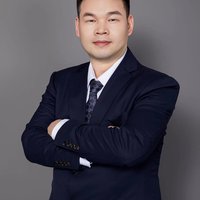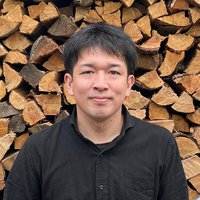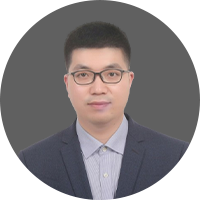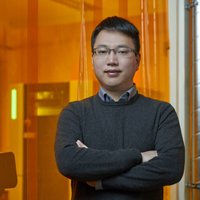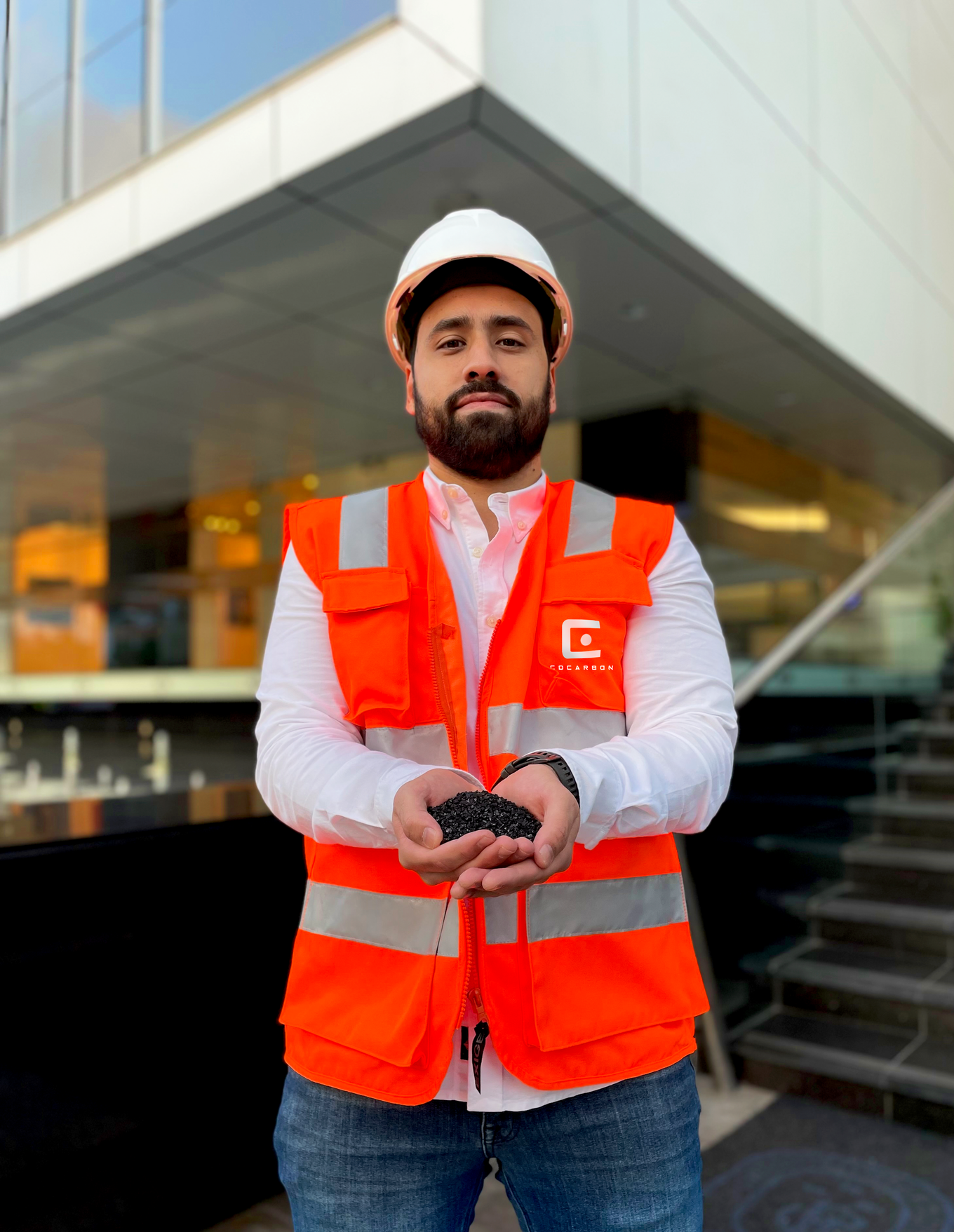Peru is the eighth country in the world
with the largest freshwater reserves. Despite this, half of the population does
not have access to safe drinking water, according to the World Bank. The
situation in the world is no better: 1.5 million children die each year from
drinking contaminated water, according to Oxfam Intermon. Faced with this
problem, the young Peruvian Aldo Galli (30 years old) wanted to do something
about it by using wasted local resources.
Thus, Cocarbon was born, a company that
"cleans water to give people a better future," explains Galli, who
has a degree in business administration. Its solution is the production of
activated carbon from coconut shells, which gives a second life to what was
previously considered just a waste product. This carbon-rich raw material is
transformed into charcoal and activated - either chemically or physically - to
increase its porosity and thus its adsorption capacity (i.e., to retain atoms,
ions or molecules of other substances, which remain attached to its surface).
The resulting material manages to "trap" polluting compounds present
in gases or liquids, from viruses and bacteria to algae or pesticides, and is
already used to purify water or filter gases emitted by factories and
refineries.
Coconut shell as a raw material "is
a sustainable and efficient alternative, by giving value to something local
that didn't have it," says the entrepreneur. In addition, he points out,
"it generates a positive impact for the companies that import this element
from other countries, by providing more traceability of the process and
security of supply." Thanks to this breakthrough, Galli has been selected
as one of MIT Technology Review's Innovators Under 35 Latin America 2023 in
Spanish.
The raw material for this activated
carbon, agricultural waste, is more sustainable than its most used
alternatives: wood and mineral coal, Galli points out. In addition, Cocarbon
has created a supply chain in Peru itself so that local industries can reduce
their environmental impact, generate employment, and reuse local materials.
Cocarbon already has a plant in the Amazon rainforest, and Galli's plans are to
expand to other areas of the country and use other local waste such as olives,
cocoa, and coffee as raw materials.
With a practical, economical, circular,
and environmentally friendly solution, this young business administrator seeks
sustainable solutions to democratize access to drinking water in Peru. His
initiative achieves a triple impact by improving public health and the
environment, while generating economic profitability.
